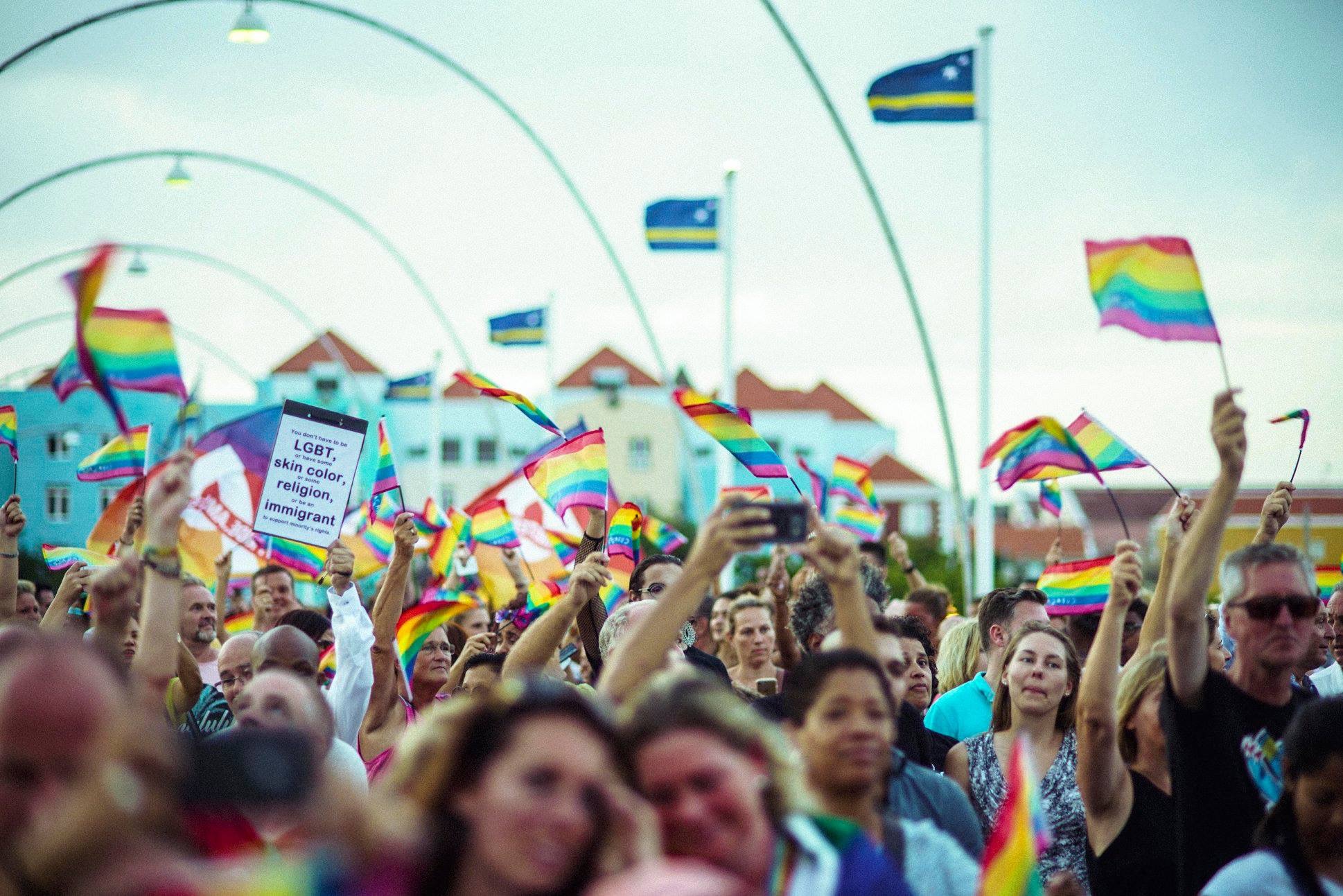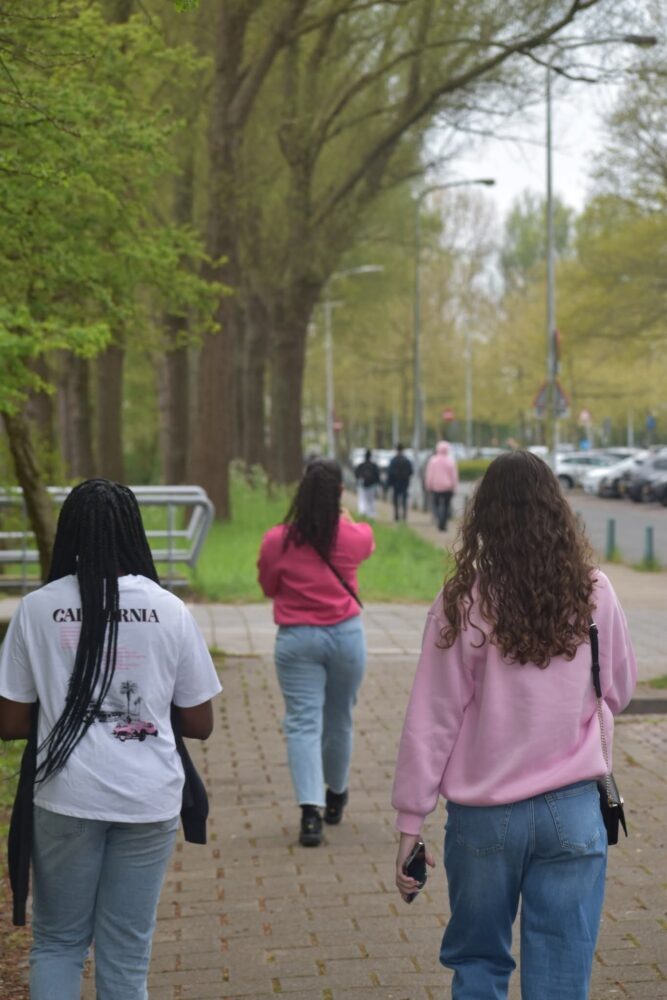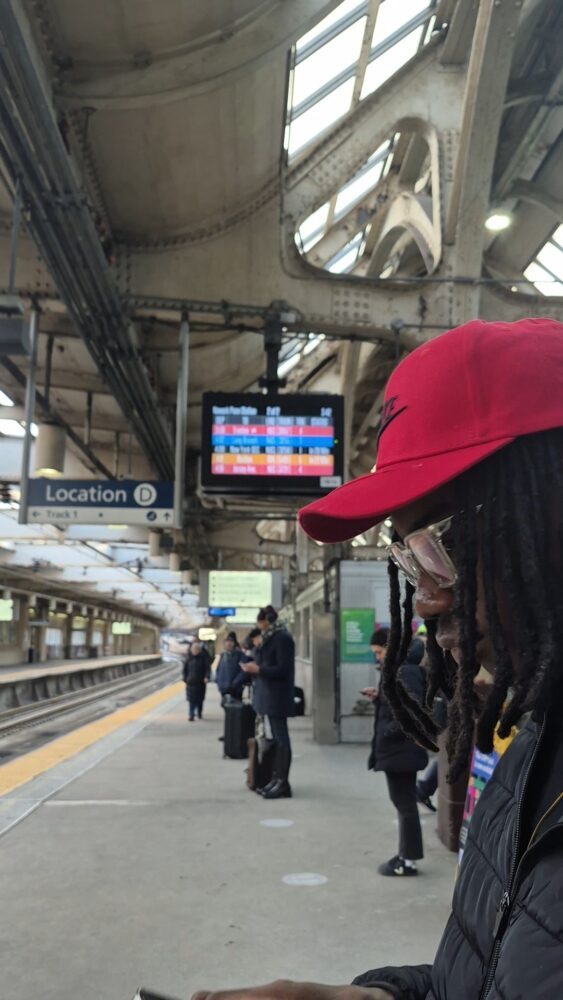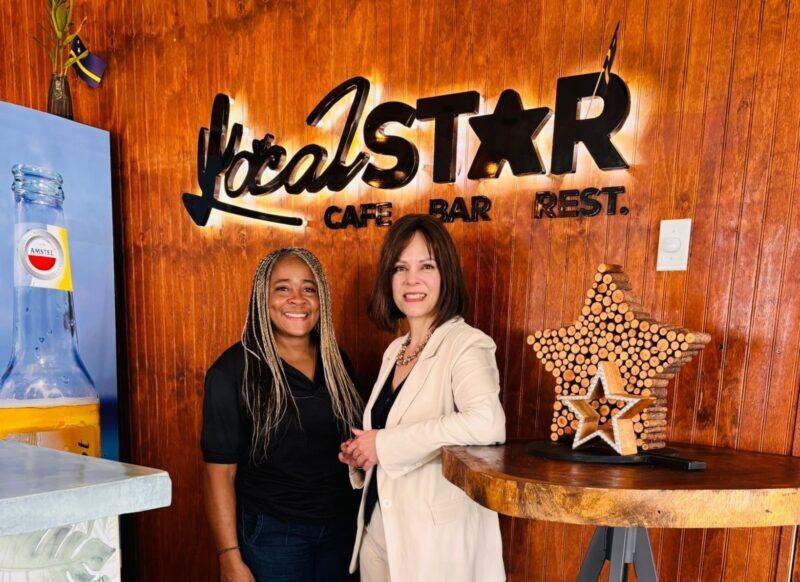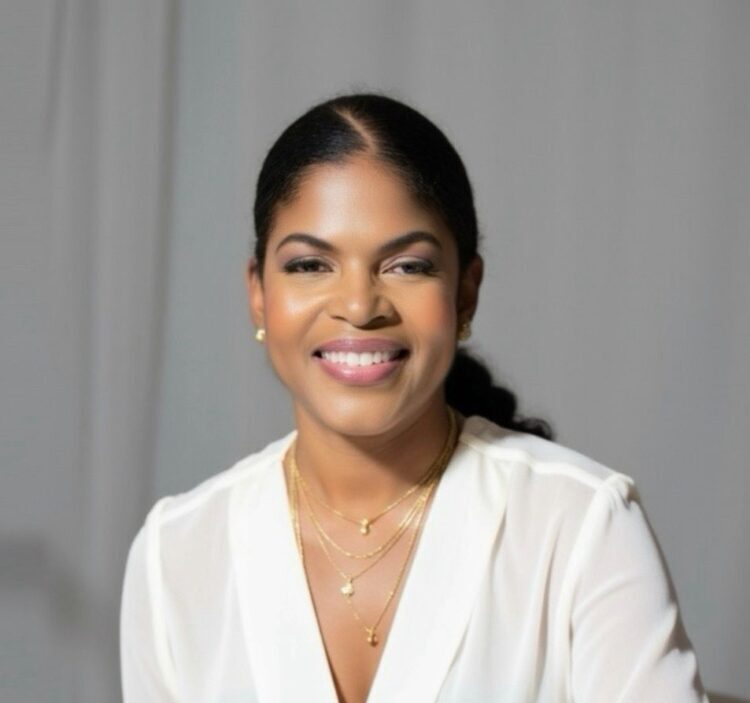WILLEMSTAD – In a remarkable judgement on Monday a Curaçaoan judge ruled that it is ‘not legally acceptable to deny same-sex couples a civil marriage’. MP Giselle McWilliam, who for years has been fighting for the introduction of inclusive marriages (for all citizens, including members of the LGBTQIA+ community, ed.) on the island, is happy with the judgement.
But she also says it’s ‘a shame’ that it had to come to this on Curaçao, ‘that a judge had to tell Parliament to do its job.’ The judge ruled in a case which the human rights foundation, Human Rights Caribbean, filed on behalf of two women who live on the island. They have been in a relationship for more than ten years and wish to get married.
‘Unlawful discrimination’
The civil code of Curaçao states that a marriage is a union which can only be entered into between a man and a woman. According to the judge, this is in violation of the principle of equality and prohibition of discrimination as stated in the Curaçaoan constitution. This was reason enough for the judge to order the legislative branch to take measures to stop this ‘unlawful discrimination’.
This is a loud a clear message to Parliament that they have to get to work’
– MP Giselle McWilliam
According to McWilliam this is a loud and clear message to Parliament to get to work. McWilliam (MAN) and former MP Stephen Walroud (PAR) presented a bill to Parliament in 2019 for the introduction of inclusive marriages.
Human Rights
But according to McWilliam the former Parliament chose ‘political and personal comfort and they weren’t interested in debating the bill.’ Now she says a judge has ordered Parliament to ‘do our jobs as the law states and in accordance with the human rights doctrines’. The Human Rights Caribbean (HRC) foundation is happy with the ‘ground breaking’ judgement and calls it a ‘triumph for equality’. Furthermore the HRC states that the law is not there to protect just ‘the masses and those who believe in God’. The foundation says that ‘minorities are the ones who have to be protected by the law’.
‘Island thinking’
The foundation also finds it ‘disappointing’ that the country of Curaçao barely makes an effort when it comes to LGBTQIA+ rights and that it allows ‘island thinking’ to guide it when it comes to inclusive marriages. ‘When the laws fall short, a brave judge can be a weapon of last resorts’, according to the organization.
‘When the laws fall short, a brave judge can be a weapon of last – Human Rights Caribbean
The foundation uses the word ‘brave’ because back in 2020 The Court in First Instance of Aruba ruled on the question of whether or not marriage should be opened up for same-sex couples. In its ruling the court said that ‘every country should be able to answer this question separately based on the social and cultural views which are prevalent amongst the respective societies’. According to HRC that ruling ‘can now be considered obsolete with the current ruling in hand’.
Boost
Foko, the organization that fights for the rights of the LGBTQIA+ movement, sees the ruling as a step in the right direction towards emancipation. But also as a boost for everyone who believes in equality. One of the people at the forefront of the LGBTQIA+ movement, Mario Kleinmoedig, says on behalf of Foko that the government and Parliament have to work towards inclusive marriage on the island of Curaçao thanks to the ruling.




